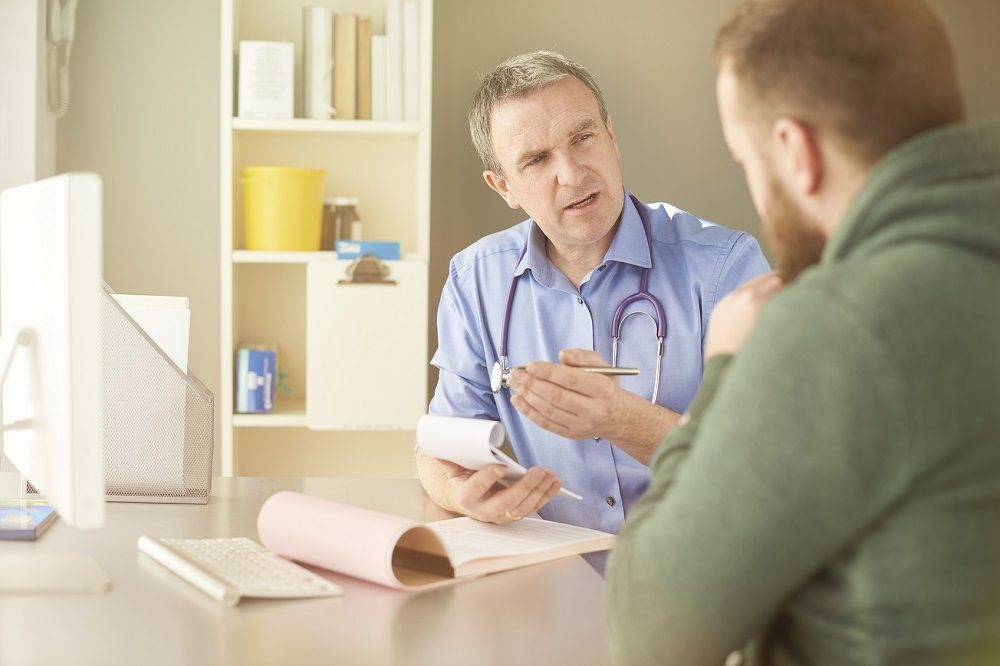Jaundice
Signs of jaundice include yellow skin and eyes. Yellow skin may be less obvious if you have brown or black skin, but you may notice the white part of your eyes looks yellow. You can see photographs of jaundice on the NHS website.
Jaundice can also cause dark pee, pale poo and itchy skin. Some people also feel sick, lose weight, lose their appetite or feel tired.
Pancreatic cancer can cause jaundice by blocking the bile duct. The bile duct is the tube that takes bile from the liver to the duodenum (the first part of the small intestine). Bile is a fluid made by the liver to help digest food.
Jaundice can be caused by other non-cancerous conditions such as gallstones and hepatitis (inflammation of the liver), or other cancers.
If you think you have jaundice, go to your GP or A&E straight away.


